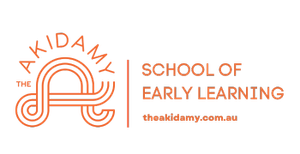Educational Program Policy
POLICY CONTENT
Research accentuates the fact that quality educational programs significantly influence children’s development in all areas. We have the opportunity to provide a supportive learning environment and program, gaining inspiration from the children and their families. Thoughtfully planned experiences and environments encourage the children to feel a sense of control over their actions, be curious and investigate, and explore their understanding of themselves, others, and the world around them.NATIONAL QUALITY STANDARD (NQS)
| QUALITY AREA 1: Educational Program and Practice |
|---|
| 1.1 | Program | The educational program enhances each child’s learning and development. |
| 1.1.1 | Approved Learning Framework | Curriculum decision-making contributes to each child’s learning and development outcomes in relation to their identity, connection with community, wellbeing, confidence as learners, and effectiveness as communicators. |
| 1.1.2 | Child-Centred | Each child’s current knowledge, strengths, ideas, culture, abilities, and interests are the foundation of the program. |
| 1.1.3 | Program Learning Opportunities | All aspects of the program, including routines, are organised in ways that maximise opportunities for each child’s learning. |
| 1.2 | Practice | Educators facilitate and extend each child’s learning and development. |
Did this answer your question?
If you still have a question, we’re here to help. Contact us
